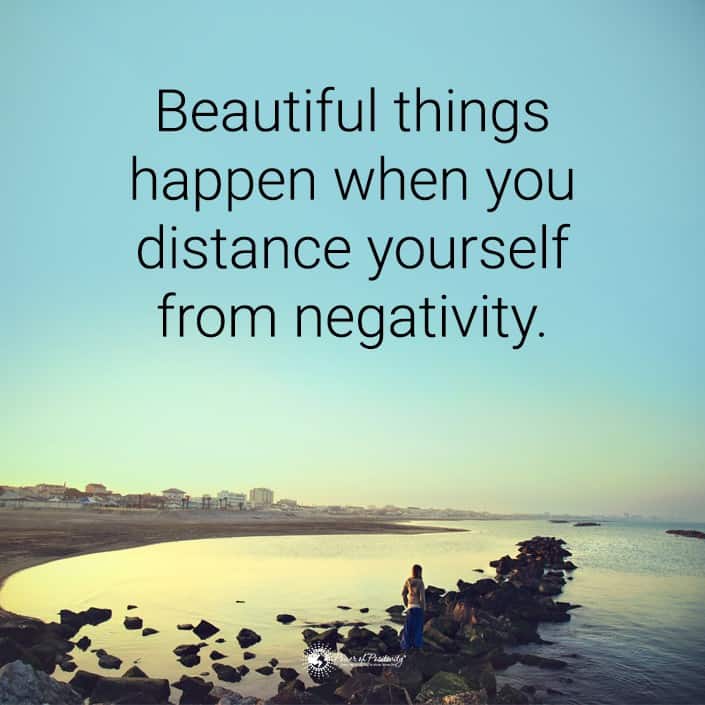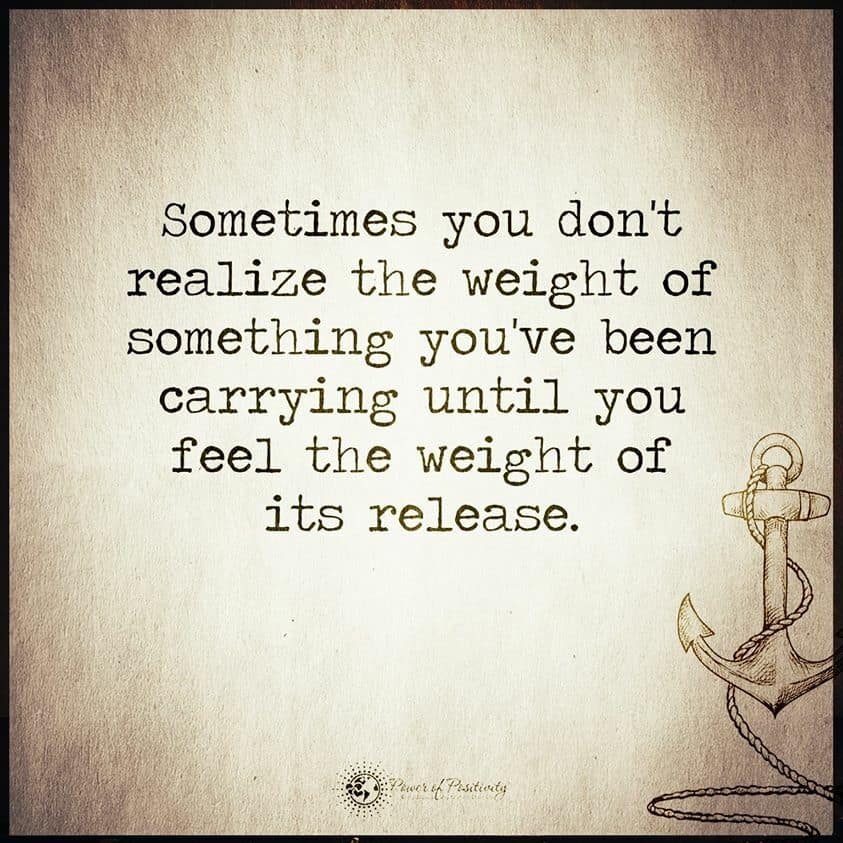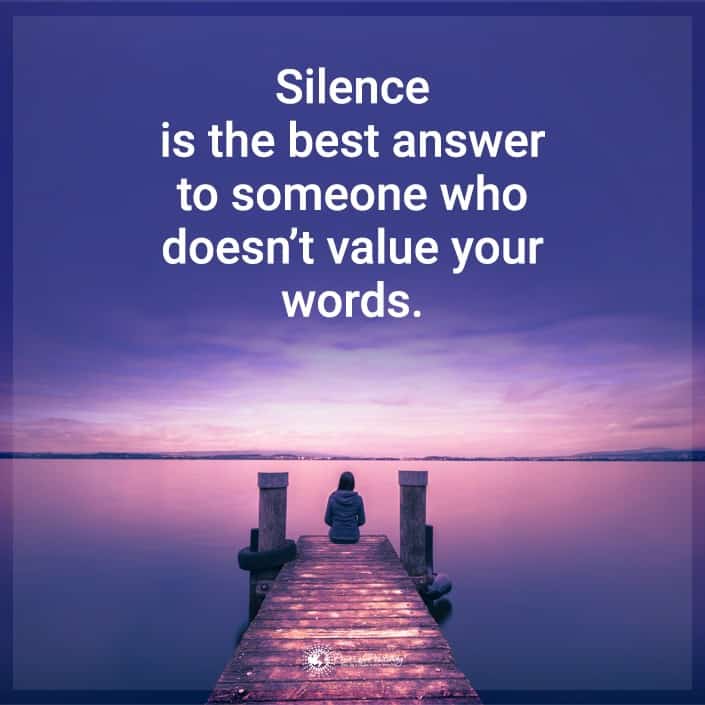There are two types of people in this world. Some individuals wait on the sidelines and react to what life hands them, while others are proactive and make things happen. These people display an innate awareness.
Which type of person are you?
Did you know that you can live your entire life and not know yourself? Self-awareness goes more in-depth than knowing your name, your vital statistics, and your history. It’s about realizing your life’s purpose and what brings your soul true satisfaction.
When you are aware of yourself as a person, you pay more attention to how you think and feel. You are better able to explain yourself and the world around you.
You are also more in tune with your emotions and how you feel instead of changing them. It’s offering compassion to yourself as you notice your thoughts and feelings. Not only do you react to your positive emotions, but you learn to cope with the negative ones and not sweep them under the rug.
Five Benefits of Self-Awareness
 Self-awareness allows you to be more observant of your behavior in various situations. How do you respond, and what are your normal tendencies, good or bad? Observing your behavior helps you make changes where necessary to improve your life.
Self-awareness allows you to be more observant of your behavior in various situations. How do you respond, and what are your normal tendencies, good or bad? Observing your behavior helps you make changes where necessary to improve your life.
• Mood Stability
Physical and mental health has much to do with how your emotions fluctuate. However, some of your mood stability depends on the actions and choices you make each day. As you become more aware of how your body, mind, and emotions interact, it may become easier to stabilize your moods.
• Improved Mental Clarity
When you’re unsure of yourself and base your decisions purely on emotions, you may not like the results of your choices. Sometimes, you may be guided by impulse and short-term satisfaction. A fuller self-awareness can lend clarity to your decision-making skills and working toward your long-term goals.
• Improved Relationships
Healthy relationships are based on giving and receiving. You know each other’s wants and needs and try to satisfy them. How can you tell someone what you need in a relationship if you aren’t clear about your needs in the first place? Knowing yourself better solidifies what you want and need.
You are also more aware of your strengths and what you have to offer your partner’s needs. Such interaction makes for fewer assumptions and misunderstandings that can break a relationship. You can’t know someone else’s heart until you know your own.
• Better Communication
When you have better mental clarity and a sense of what you want, it’s easier to communicate with others. You can be assertive and passionate about your feelings without being overbearing. Being aware of yourself also helps you become a better listener and realize the value of other people’s thoughts and opinions.
• Higher Productivity
Are you a procrastinator? A study published by Psychological Reports states that procrastination is often caused by intrusive thoughts and a lack of self-regulation. Of course, this is going to bring an adverse effect on your daily productivity.
It’s normal to be preoccupied with an acute problem that hinders you from what you need to accomplish. However, it becomes a chronic issue when you can’t function at work or home because you can’t stay focused. When you are more aware of yourself, it can help you clear away some of the thoughts and habits that block your productivity.
Seven Behaviors to Improve Your Self-Awareness and Improve Your Life
Being more aware of yourself is just like any other skill. It takes practice, determination, and patience. Here are seven behaviors you should develop.
 1. Meditation
1. Meditation
One of the best ways to get to know yourself better is to get inside your head. It’s a major benefit of learning how to meditate. You needn’t be a guru on an isolated hillside to enrich your life and self-clarity with meditation.
The goal of meditation is to learn how to reconnect with your mind and spirit to bring awareness. As you sit or lie quietly for a few minutes, you are bound to have irritating random thoughts. Acknowledge them with compassion and allow them to float away like clouds in the sky.
As you continue your meditation practice, you soon realize that you are more than just your thoughts. They come and go, but they don’t define you. It becomes easier to keep the thoughts and beliefs that work for you and discard those that don’t help.
2. Journaling
Have you ever had an incident or thought one day that you wish you would have remembered? These little nuances make up the puzzle pieces of who you are. To supplement your memory, creativity, awareness, and to know yourself better, try journaling.
You don’t have to make it a tough, dreaded chore. Make journaling a meaningful experience and jot down events, thoughts, or anything you want. Your journal can be a pen and paper or a blog on your computer.
You needn’t share your thoughts with anyone unless you choose. Occasionally, reflect on past entries and see how your awareness has grown. What may have been confirmed for you a few months ago may not be the same today.
3. Learn a New Skill
Boredom can poison your joy and keep you from enjoying your best life. Are you stuck in a rut? Perhaps expanding your skill sets may be the thing that kicks your life in gear again.
As you meditate and journal, what are some of your aspirations? Are you living up to your potential, or are you just existing? All things need to learn as they grow to sustain life.
Why not embark on a new skill? Perhaps you’ve always wanted to learn to play the guitar or cast clay on a potter’s wheel. Local universities and community colleges usually offer specialized classes at reasonable costs. According to a study published by the Journal of Memory and Language, learning new skills can also benefit your memory training.
4. Identify Faults and Shortcomings
Nobody likes to admit that they’ve messed up. However, it’s the mature people who are better aware of themselves who can accept it. Do you quickly admit fault, or do you have a habit of shifting blame to somebody else?
You have the same benefits of listing your strengths when you also have an awareness of your shortcomings. Are you often impatient, or do you snap out of anger then regret it later? Maybe you’ve stored bitterness and grief in your heart.
All this mental clutter prevents you from being aware of your true self. You can only see the pain, resentment, and love undone. The sooner you identify your faults, the quicker you can declutter your heart, mind, and soul. Apologies, forgiveness, and making amendments allow clear the muddy windows of your soul so you can finally see who you are.
5. Break from Routine
If you didn’t have some routines, your activities for daily living would be almost impossible. However, rigid habits can impede your growth and minimize your curiosity and creativity. There’s refreshing freedom when you let down your hair and do something spontaneous occasionally.
Being spontaneous doesn’t necessarily mean you quit your job to go backpacking across Europe. It means that you can break from the norm within reason. Doing something different can make you more aware of your capabilities and what you enjoy.
When was the last time you took a mini weekend vacation to explore a place you’ve never been? Instead of going to the same restaurant and ordering the usual, why not find a new place and try a dish you’ve never tasted? How will you ever know that you love skydiving unless you experience it?
6. Ask for Opinions from Others
This suggestion isn’t as simple as it seems. If you’re going to ask someone to give you honest feedback about yourself, be strong and gracious enough to take it. When it comes from someone who cares for you, you know they will be open and aren’t trying to hurt you.
However, the truth often hurts, but you can use it to better understand your words and actions. Many times, you may do and say things without even thinking. Genuine feedback can help you learn from your shortcomings and make changes.
In the beginning, talk about small things that you can change. Avoid starting with monumental issues that can be overwhelming. Try your best to be an active listener and don’t get defensive. Yes, you’re not always going to be happy with what you hear, but you did ask for feedback, and it can help you.
Thank your trusted friend or loved one for their honesty and for making a concerted effort to help you change.
7. Write Your Mini Autobiography
How can you know where you are going in life unless you know from where you came? In a section of your journal, consider writing a brief autobiography. It needn’t be exhaustive, but just a general timeline of your life.
Can you identify what you learned from the high points and low points of your journey? These realizations help you with the awareness of who you are. Remember, your future depends on this information, and your past is irrelevant.
 Final Thoughts on Being Aware of Yourself
Final Thoughts on Being Aware of Yourself
Only a few mortals in history allegedly attained self-actualization or perfection. However, you can take steps to practice awareness of who you are, what you believe, and why. The first step is to be curious and ask yourself challenging questions.

















